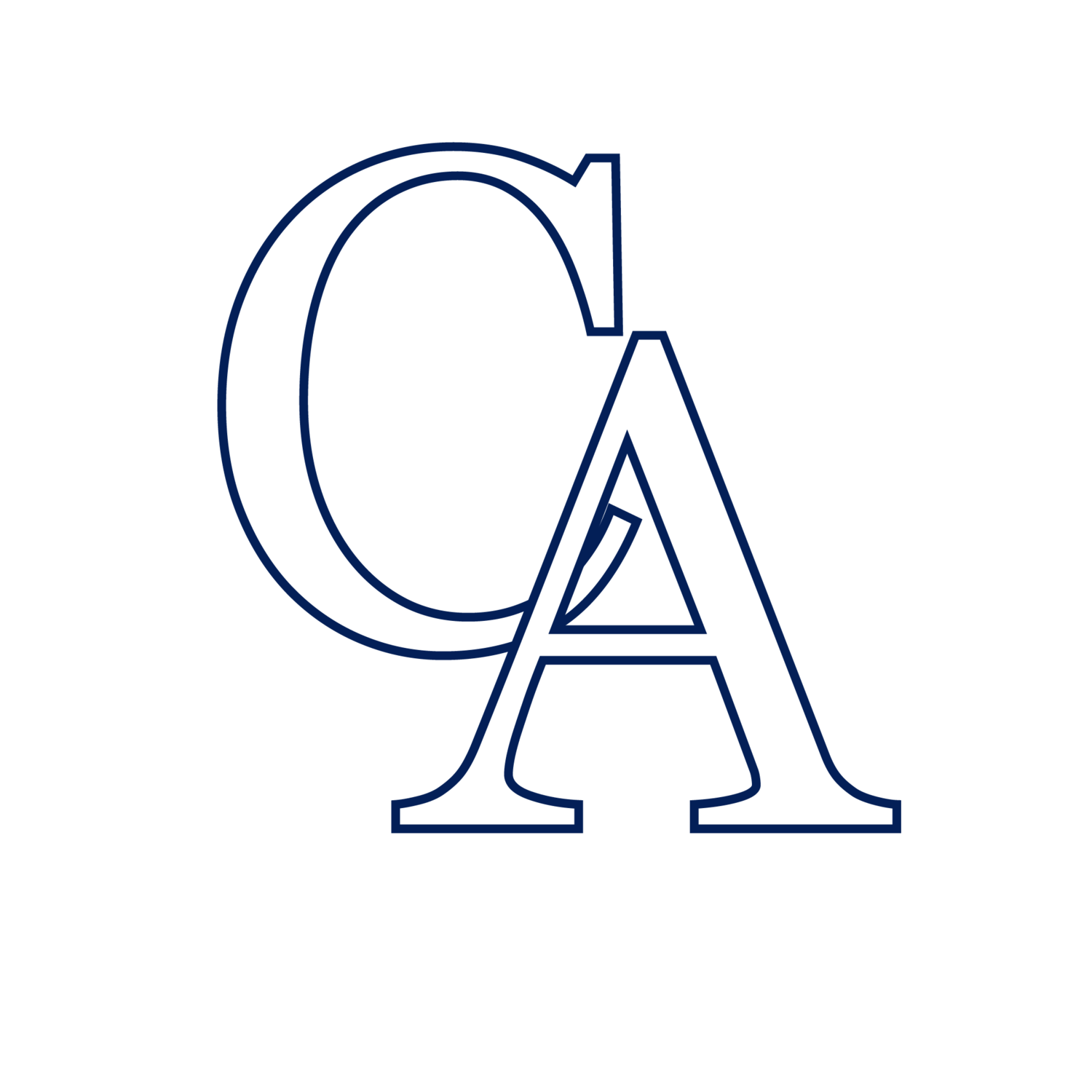A Conversation With Gabe
When did you embark on your journey into Partnership Education? (Said another way, when did you start on your path as a self-directed learner?)
[I began homeschooling] when I aged out of the private school I was going to. It sounded more fun than continuing with school and I didn’t want to transfer from my private school to the local public school. My mom did the legwork to figure things out.
What were the main benefits of a hybrid education for you?
I think it was being able to do stuff that I really cared about and was good at. I could focus on developing the skills that were interesting to me which served me well. I don’t think I could have developed those skills as much if I had been in school. For example, I was really interested in writing and Japanese. I was able to become a very good writer, proof-reader, copy editor, and do some things that I’m very proud of with those skills. I also studied Japanese.
How did Mike and/or Lucy (Facilitators of the teen program) support you during your high school years?
Mike and Lucy pushed me outside of my comfort zone, even when I wasn’t always the most willing participant. They really helped me to develop as a whole person who has good empathy.
What advice would you give a family who’s considering Partnership Education, but unsure of whether to take the plunge?
First, I would say that this path requires patience and perseverance. There is a lot of work involved and for the parent they have to be a parent and teacher. For our family, the longer we stuck with it, the better [it was]. The second thing is that there are so many resources out there. CA can be that resource, and there are also so many books and platforms to provide support.
How does being part of a community like CA help families who are transitioning from traditional public or private schools?
It’s definitely great to be a part of something like you would be in a traditional school setting. Unlike at school, it’s not just peers, it’s a whole community of families with all of these added benefits. People come together and share their talents and interests and support each other. There are always different experts to come in and share their experiences. It’s great to be a part of that type of community.
What has your path been since graduating?
I went to Ursinus College, a smaller liberal arts school that really spoke to me. I studied abroad my junior year in Japan. My family even visited and we got to travel around the country. I graduated and then the pandemic hit, which definitely changed my plans. I had a year-long internship with a book publisher and worked as a book scout for a year. I got to review manuscripts and write blurbs about the books. I have kept up with some freelancing and a lot of cool things. I also worked as both an editor and ghostwriter with my dad and his colleagues to publish a book, Your Inner Game for Executive Coaching and Crisis Management: A Revolutionary Approach to Collaboration, Success, and Relief from Burnout
What skills did you develop as a SDL that have served you well during your transition to college/adult life?
I think the biggest thing is time management. I noticed that when I went into college, I managed my time much better than most of my peers and I did very well in my classes. It wasn’t because I was some sort of genius, I was just much better than most of my peers at managing my time and keeping on top of my work. As a SDL, I had been self-managing for years and years without always being told what to do and when to do it. That really helped me in college.
I also got to develop and express my creativity. I got the chance to do what I wanted and I developed the ability to think on my feet in my writing.
Can you share a specific memory or story about an activity or experience you had with another self-directed peer or facilitator that has had a lasting positive impact on you?
I think the plays that I did with Lucy were really valuable. I remember doing “The Actor's Nightmare.” Even a year or two before that time I could never have gotten on a stage and had people watch me. I just would have fled. I think it was a testament to how Lucy, and the self-directed environment, helped me develop that. Just since the pandemic I have gotten into tabletop role playing games. I think the time with Lucy has shaped this hobby for me years later. I am an improviser and a show person.
If you could have known that there was no need to stress about this one thing during your teens years, what would it have been, and why?
Math. Math stressed me out a lot. I compared myself to others and sometimes felt dumb, which wasn’t productive to be thinking that way. I now know that I am competent enough in math for what I have chosen to pursue. I know enough to do the things that I care about doing and I can focus on the things that I really care about.

